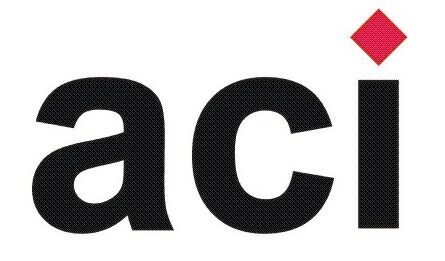Intelligent Adaptive e-Learning Systems and Applications
 Mini Track Chair: Prof. Dr. Abbas Fadhil Aljuboori, University of Information Technology and Communications, Baghdad, Iraq
Mini Track Chair: Prof. Dr. Abbas Fadhil Aljuboori, University of Information Technology and Communications, Baghdad, Iraq
e-Learning is a means of education that incorporates self-motivation, communication, efficiency and technology. Because there is limited social interaction, learners must keep themselves motivated. The separation intrinsic to elearning requires learners to communicate with each other and the instructor frequently to perform their assigned tasks. e-Learning is competent as it eliminates distances and subsequent commutes. Distance is eliminated because the e-learning content is designed with media that can be accessed from properly equipped computer terminals and most frequently it seems to be used for web-based instruction so that learners can access online courses via internet. Research in adaptive learning is mainly focused on improving learners’ learning achievements based mainly on personalization information, such as learning style, cognitive style or learning achievement.
Suggested subjects focusing on Content Design are (but not limited to):
- Automatic Composition of Exams and Creation of Questions
- Intelligent Curriculum Planning
- Individual Support of Learners in Groups
- Intelligent and Adaptive Feedback for Learners
- Peer Assessment
- Presentation and Navigation Support
- Sequencing of Learning Objects
- Deep Learning and Machine Learning Techniques for E-Learning
Technology in Teaching and Learning
 Mini Track Chair: Associate Professor Ana Paula Lopes, Polytechnic of Porto /ISCAP/CEOS.PP,
Mini Track Chair: Associate Professor Ana Paula Lopes, Polytechnic of Porto /ISCAP/CEOS.PP,
In recent years, technology has had a significant impact on education, changing conventional teaching techniques and opening new learning opportunities. A successful teaching and learning session is mostly based on subject matter expertise, pedagogical expertise, and the technological proficiency of the instructor. This mini track aims to explore the dynamic relationship between technology and pedagogy, exploring innovative approaches, challenges, and opportunities in leveraging technology for enhanced teaching and learning experiences. It also seeks to uncover the latest advancements, promising trends, and transformative applications of technology in education while addressing the complex challenges and ethical considerations inherent in this digital revolution.
Suggested subjects focusing on Content Design are (but not limited to):
- Digital Pedagogies
- Online and Blended Learning Environments
- e-Learning Experiences
- m-Learning: Mobile Technologies and Experiences
- Blended Learning and Flipped Classroom
- Advanced Classroom Applications and Technologies
- Digital Assessment and Feedback
- Technology-Enhanced Learning
- Artificial Intelligence in Education
- Game-Based Learning and Immersive Simulations

